[ale_divider style=”thin” text=”notext”] Divider Text [/ale_divider]
This article appeared on cbc.ca by Bobby Hristova. To read the original post Click Here.
[ale_divider style=”thin” text=”notext”] Divider Text [/ale_divider]
Businesses to access info about importing, exporting, and related tariff and tax exemptions

The federal government has named Hamilton a Foreign Trade Zone (FTZ) in an effort to spark more business, excite investors and establish the city as a hub for international trade.
“We know Hamilton has a strong economy and has been diversifying itself in recent years,” Mélanie Joly, the country’s Minister of Economic Development and Official Languages, said in an interview on Monday afternoon.
“Of course, it is a steel superpower, but also, in the tech and health and life science sector.”
Keanin Loomis, president of the Hamilton Chamber of Commerce, said it will turn Hamilton into a “one-stop-shop” for information for businesses on everything related to exporting and importing in Canada.
“This is an importing and exporting concierge in Hamilton that will help businesses navigate all the various agencies and rules,” he said in a phone interview.
The designation means local businesses can access programs for tariff and tax exemptions when buying or importing raw materials, components and finished goods. Being an FTZ also generally means the materials can be stored, processed or assembled for re-export — usually without any taxes and duties — or for entry into the domestic market, in which case taxes and duties would be deferred until the time of entry.
It primarily benefits local businesses moving product around the world or trying to attract investors into the country. The hope is all of this also creates local jobs and reinforces the city’s position as a key contributor to the economy.

Joly hopes the designation will allow McMaster University to turn research and development into business, while also allowing the city’s tech and life science sectors room to grow.
She added that the more than 1,100 local businesses and Hamilton’s easy access via air, water, rail or road, made it “well-positioned in the global advanced manufacturing marketplace.”
The COVID-19 pandemic was also a consideration.
“Information is power and being an entrepreneur right now is an extreme sport. There are risks all around and we need the government to help them have ways to mitigate that risk … we also need not only to be on the defensive, we need to be on the offensive. We need to create jobs,” Joly said.
Loomis said the push to have the city become an FTZ has been in the works since last year, with local MPs, the city, the airport and the port authority all working toward it.
Filomena Tassi, Canada’s Labour Minister and MP for Hamilton West-Ancaster-Dundas, was one of those pushing hardest.
“The city is a gateway for goods, and offers many advantages from its strong manufacturing sector to its leading-edge post-secondary institutions,” she said. “This designation will build on the area’s strengths and bring new opportunities for trade.”
Mayor Fred Eisenberger said it “marks a new chapter in our city’s efforts to attract foreign direct investment and expand markets for our existing businesses.”
The big business announcement also follows investments into Hamilton by Amazon and Canadian National Railway.
Hamilton is the third FTZ in Ontario, along with Windsor and Niagara, and is the 14th in the country.






